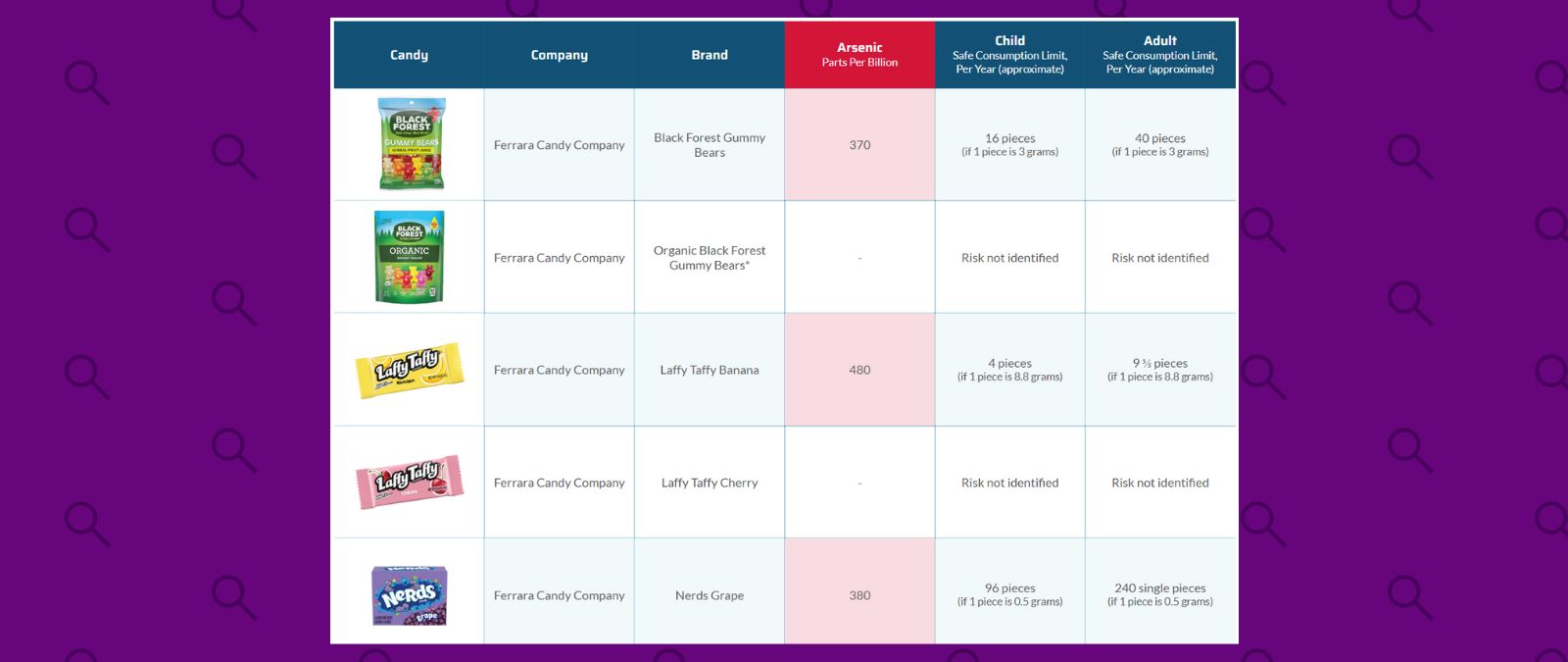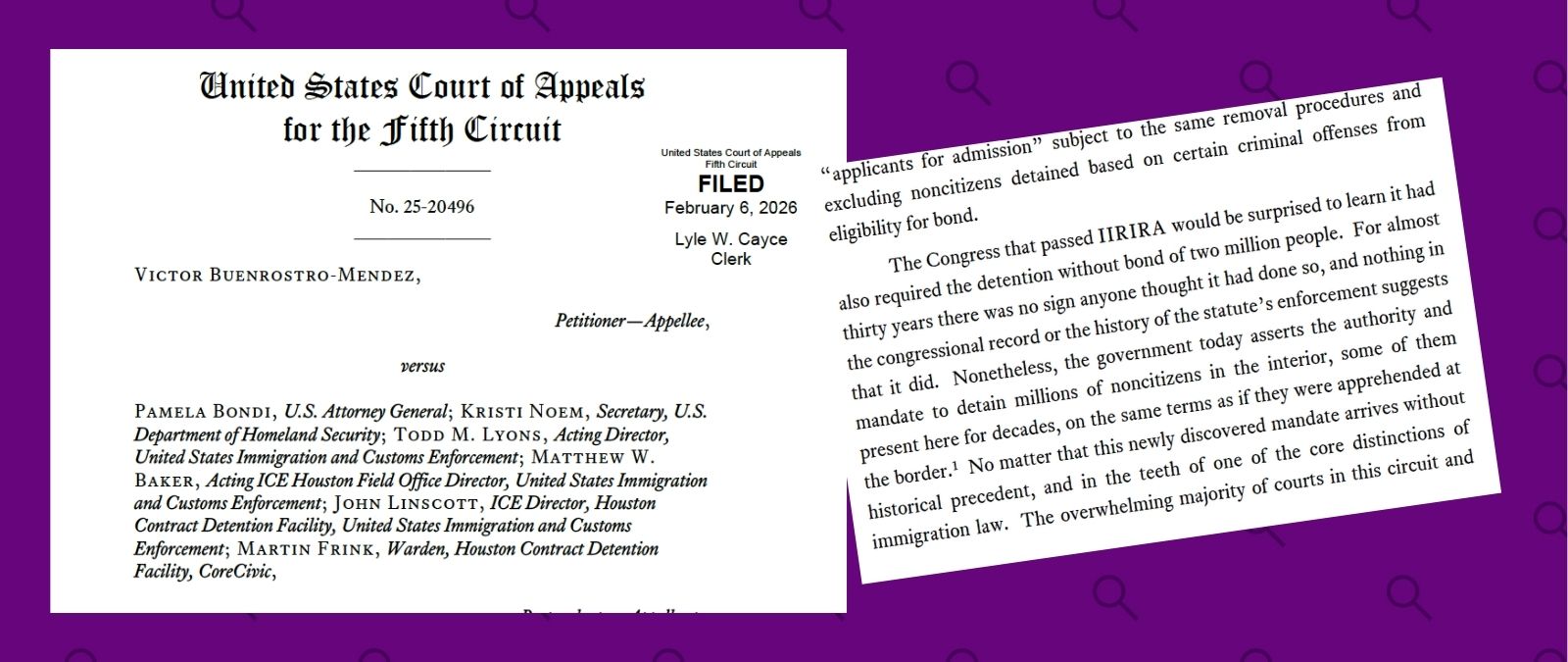In November, the next President of the United States will be chosen, but before that, the Republican and Democrat parties must choose their presidential candidates in primaries. You may have heard someone say that a candidate has a certain amount of delegates, or needs a certain amount of delegates in order to win the primaries. Here is the reason.
The delegates are the ones who chose the Republican and Democrat presidential candidates. They are activists for the party who represent the different states and territories during National Conventions, held in July. So when people vote for a candidate in primaries or in caucuses, they are actually choosing the delegates who will represent that state during the conventions. They could be delegates for Donald Trump or his rival Nikki Haley.
For example: New Hampshire will have 22 elect delegates in the Republican Convention that will be held in Milwaukee this summer. Because of the vote percentage each candidate got in Republican primaries, 12 delegates were assigned to Donald Trump and 9 to Nikki Haley, leaving one pending. During the convention, each of those New Hampshire delegates must vote in favor of the aspiring candidate they represent, at least during the first round.
How many delegates are there and how are they assigned among states?
During Republican primaries, 2419 delegates are chosen among states and territories. An aspiring candidate needs the support of more than half of those delegates (1215) in order to become the official candidate of the party. When aspiring candidates get that number of delegates in primaries or caucuses, they are already considered winners in primaries, meaning, they have officially become their party’s candidate. On the other hand, in democratic primaries, 3936 delegates are chosen, and the winner needs the support of more than half of them as well, in this case, 1969.
So, during primaries, aspiring candidates compete to see who gets the most delegates, but not all states have the same relevance. For example, in the Republican primaries in Texas, a state with a big population, 161 delegates will be assigned to represent this state in the National Convention. On the other hand, in the Nevada caucus, only 26 delegates will be assigned to represent this state in the convention.
The rules for assigning delegates after primaries and caucuses vary depending on the state and party. For example, in the Florida Republican primaries, the aspiring candidate who gets the most votes (even if there’s a difference of only one vote) will get all the delegates of that state (125). On the other hand, in the Iowa Republican primaries, delegates are assigned proportionally, reflecting the vote percentage of each candidate. The Democrat Party has established national common rules for assigning delegates, but they are quite complex.
Are there other types of delegates not chosen by voters?
There are, but they are a clear minority in both parties. In the Republican National Convention, 95% of the delegates are pledged or bound, meaning, they are obliged to vote for the candidate with which they were chosen in primaries or caucuses, at least for the first round of voting when choosing the party official candidate. The remaining 5% are unpledged or unbound delegates, meaning, they can vote for the candidate they please.
In the Democratic National Convention, on the other hand, 83% of the delegates are pledged, while the rest are automatic delegates or super delegates: they are people in the party automatically named as delegates for being either Democrat members of congress, governors, former presidents, etc. These types of delegates aren’t bound to any aspiring candidate, and they are not tied to the results of primaries or caucuses. However, in the first round of voting for the presidential candidate in the Democratic National Convention, only pledged delegates are allowed to vote.
Factchequeado is a verification media outlet built by a Spanish-speaking community to tackle disinformation in the United States. Do you want to be part of it? Join us and verify the content you receive by sending it to our WhatsApp +16468736087 or to factchequeado.com/whatsapp.








